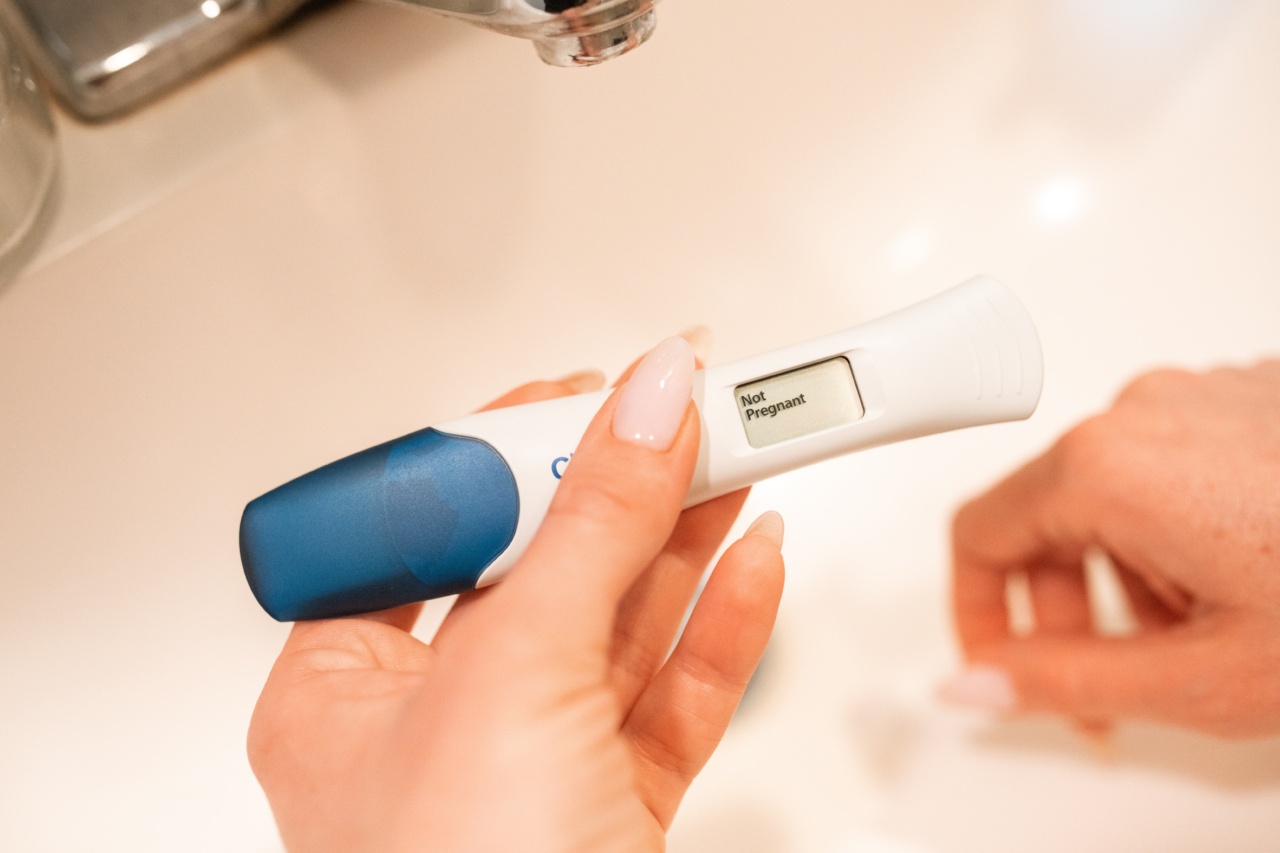High blood pressure, or hypertension, can increase the risk of various health complications in both mother and child during pregnancy.
One of the lesser known consequences of high blood pressure during pregnancy is the potential impact it has on childhood obesity. In this article, we’ll explore the link between high blood pressure during pregnancy and childhood obesity, including what causes it and what you can do to reduce the risk.
What is High Blood Pressure During Pregnancy?
High blood pressure occurs when the force of blood against the walls of the arteries is consistently too high.
During pregnancy, high blood pressure is defined as a reading of 140/90mm Hg or higher, taken on two separate occasions at least four hours apart.
There are two main types of high blood pressure during pregnancy:.
Gestational Hypertension
Gestational hypertension refers to high blood pressure that develops after week 20 of pregnancy. There is no proteinuria (protein in the urine), swelling, or other signs of organ damage with gestational hypertension.
Most women with gestational hypertension go on to have healthy deliveries without any further complications.
Preeclampsia
Preeclampsia is a more serious form of high blood pressure during pregnancy that typically occurs after week 20.
In addition to high blood pressure, preeclampsia is characterized by the presence of protein in the urine and signs of organ damage, such as liver or kidney problems. Preeclampsia can lead to serious health complications for both mother and child if left untreated.
The Link Between High Blood Pressure During Pregnancy and Childhood Obesity
Research has shown that there is a link between high blood pressure during pregnancy and an increased risk of childhood obesity. The reasons for this link are not yet fully understood, but some theories include:.
Epigenetic Changes
High blood pressure during pregnancy can lead to epigenetic changes, which can alter the way certain genes are expressed.
These changes may increase the risk of childhood obesity by affecting the expression of genes that control metabolism and appetite regulation.
Increased Inflammation
High blood pressure is associated with increased inflammation in the body. Inflammation may lead to changes in the way certain cells function, which can increase the risk of obesity in the child.
Impaired Placenta Function
High blood pressure during pregnancy can impair the function of the placenta, which provides nutrients and oxygen to the developing fetus.
If the placenta is not functioning properly, the fetus may not receive the nutrients it needs to grow and develop properly, which can increase the risk of obesity later in life.
How to Reduce the Risk of Childhood Obesity
If you have high blood pressure during pregnancy, there are several things you can do to reduce the risk of childhood obesity in your child:.
Eat a Balanced Diet
A balanced, healthy diet is important during pregnancy to ensure that both you and your baby are getting the nutrients you need. Focus on whole, nutrient-dense foods and avoid processed or sugary foods as much as possible.
Get Regular Exercise
Exercise is key to maintaining a healthy weight during pregnancy and reducing the risk of childhood obesity. Aim for at least 30 minutes of moderate exercise, such as walking or swimming, most days of the week.
Manage Stress Levels
Stress can have a negative impact on both mother and child during pregnancy. Try to find ways to manage stress, such as meditation or yoga, to reduce your risk of developing high blood pressure and other complications.
Monitor Your Blood Pressure
Regularly monitoring your blood pressure during pregnancy can help you and your healthcare provider identify any potential problems early on and take steps to manage them before they become more serious.
Conclusion
While high blood pressure during pregnancy can increase the risk of various health complications, including childhood obesity, there are steps you can take to reduce the risk.
By eating a balanced diet, getting regular exercise, managing stress levels, and monitoring your blood pressure, you can help ensure a healthy pregnancy and a healthy child.






























